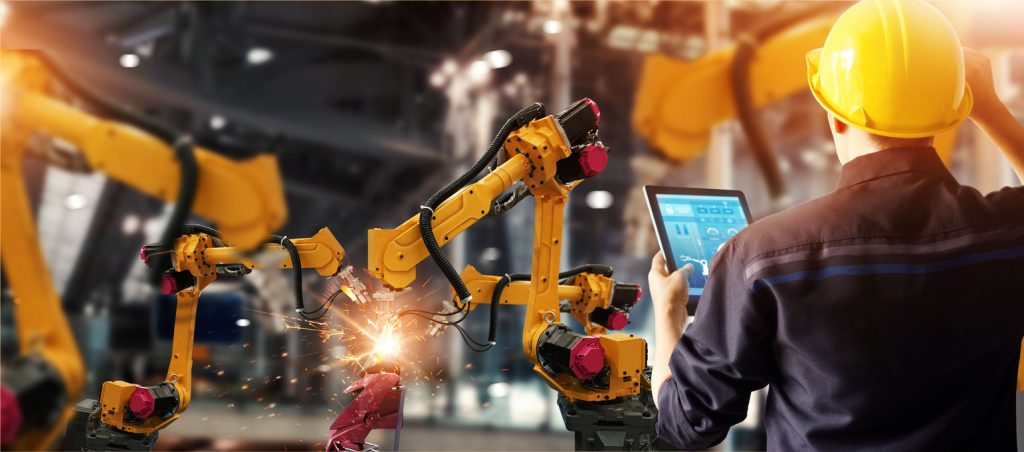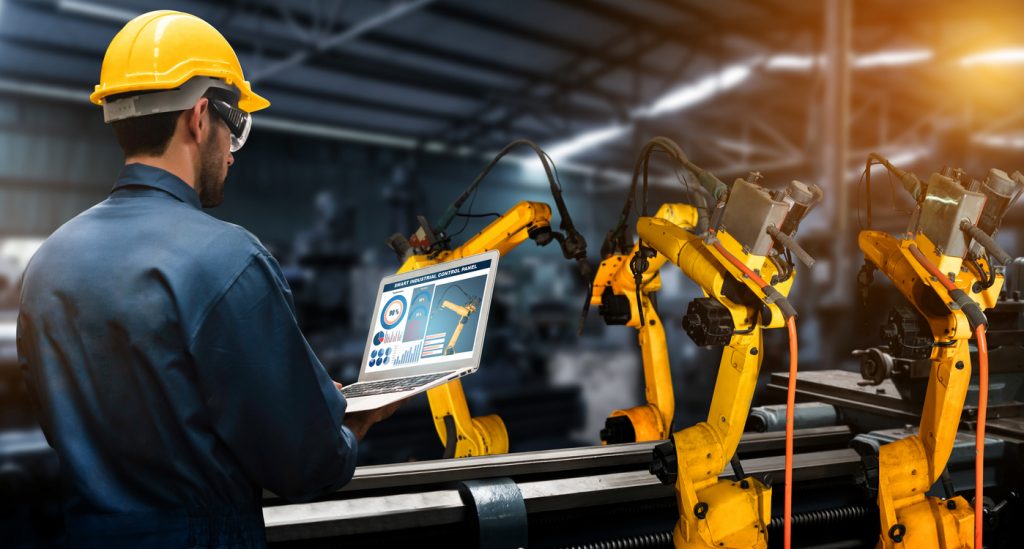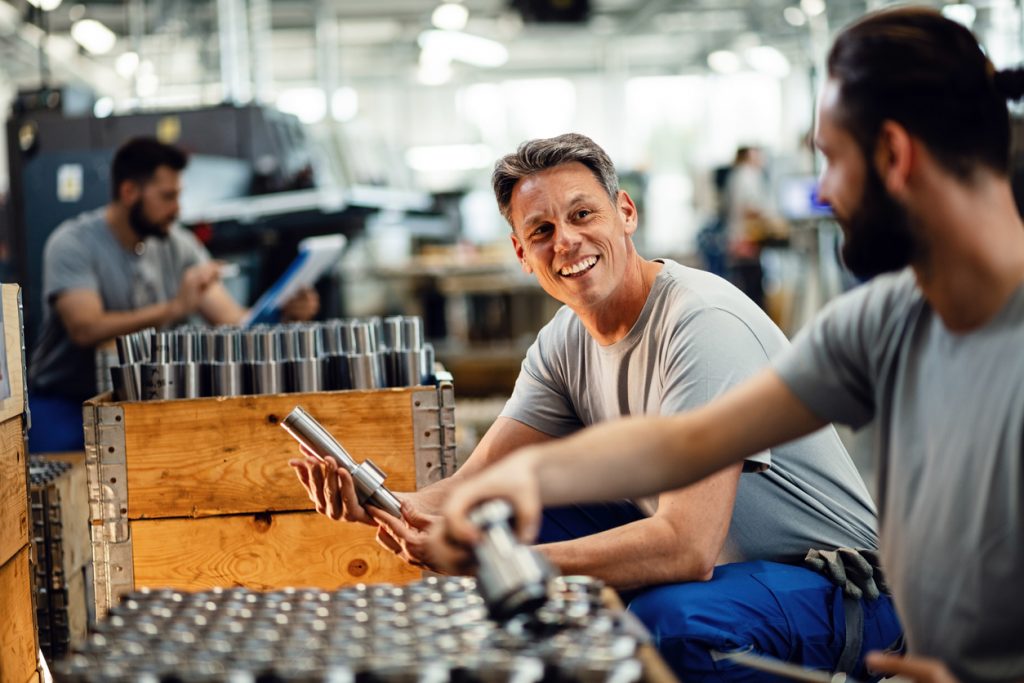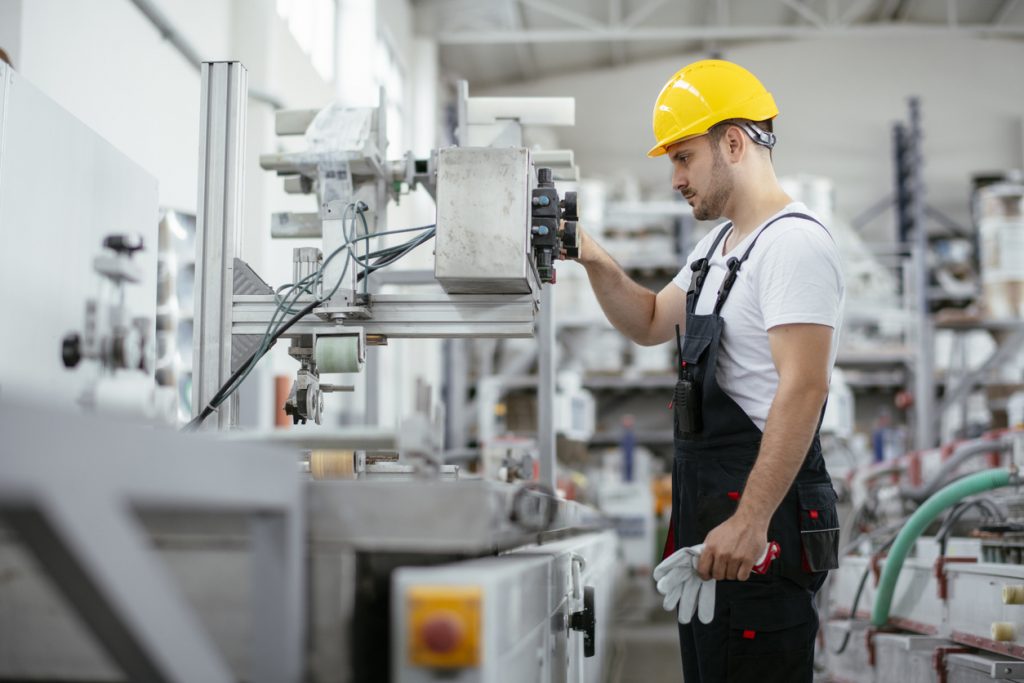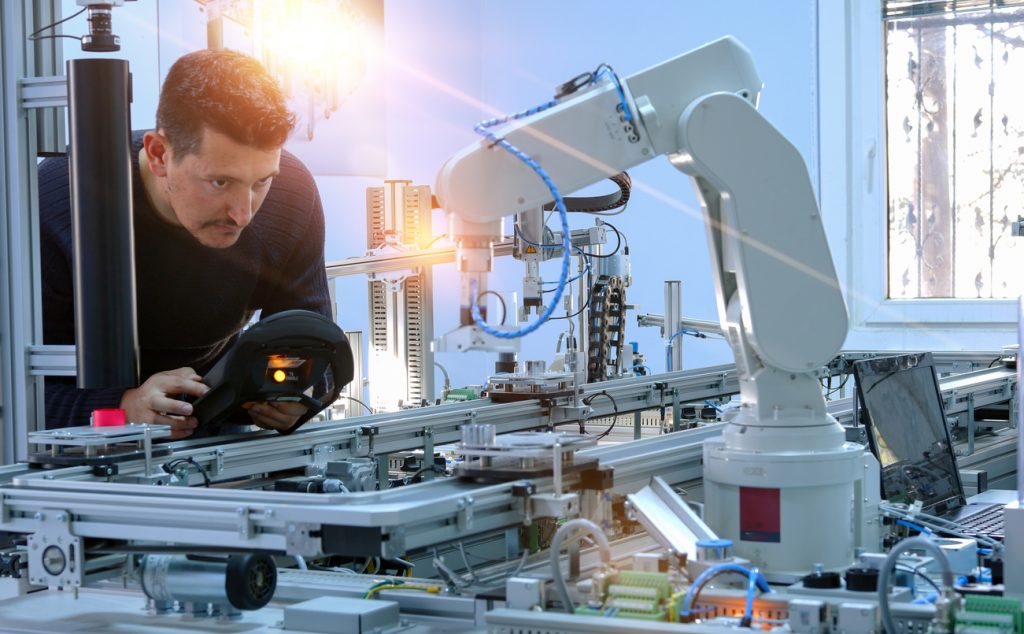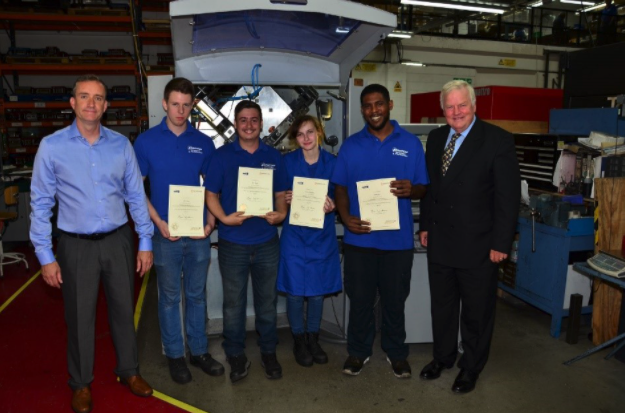At European Springs & Pressings, we have found that the automotive industry is one of the sectors where our products have the widest application. Custom springs are used frequently for building new cars, in everything from disk brakes to suspension and even in your steering wheel.
Continuing our ‘springs in industry’ series, we’d like to look at how springs and pressings are used in the automotive sector, particularly in Formula 1 cars.
Racing Cars
Springs and pressings are one of the most important components in racing cars. Each Formula 1 car is carefully crafted to give each vehicle optimal performance. In fact, it is estimated that an F1 car consists of 16,000 parts, of which only 10 percent are carried over year on year (Formula1.com).
The build of the race car spring takes into account the speed, cornering ability, grip and downforce. All of these elements are aided and improved by experienced engineering, incredible technology and high-quality components.
Disk Brakes
You wouldn’t necessarily associate F1 driving with braking, but disk brakes are implemented to stop the cars safely when travelling at high speeds.
Almost every car currently in production, including commercial vehicles, uses disc brakes, and they have proven to be more effective than traditional ‘drum’ style brakes.
In F1 cars, disc brakes are fitted with rotating discs that are attached to the wheels and then squeezed between the brake pads — this creates a force that helps to slow the car down or bring it to a complete stop.
Pull-rod and Push-rod Front Suspension
Pull-rods were first brought into F1 in the 70s running from the outer end of the upper wishbones diagonally to the lower edge of the chassis. They pull on a rocker that operates the damper spring, alleviating any harsh impacts or uneven surfaces the course may entail.
This suspension system ensures a strong mechanical grip as the pull-rods make the car’s nose lower, thus lowering the height of the centre of gravity and improving handling.
Most F1 cars now use push-rods as they are easier to install and fit nicely under the vehicle’s low nose. The push-rods flex with the wheels as they encounter any bumps, providing better aerodynamics for a more streamlined race.
The latter is more widely used by teams competing in Formula 1 today due to the vast difference in fitting; push-rods are a lot easier to install.
For both suspension methods, the spring is essential due to the absorption of shock. Energy is transferred with the help of a sound suspension system and can significantly impact the team, regardless of driver skill.
Springs in Suspension
Torsion bars, leaf, coil and air springs are among the different types of springs used in cars.
Most modern vehicles are fitted with standard coil springs made of steel. High-quality suspension systems are created by a strong spring absorbing the shock forces while driving on uneven roads.
To see our full range of springs used in various industries, please check out our brochure now.
With over 70 years of experience as a spring manufacturer, we have the expertise and machinery to create a whole host of springs perfect for any application within any industry.
If you would like any more information about any of our products or services, please contact our friendly team here at European Springs.
